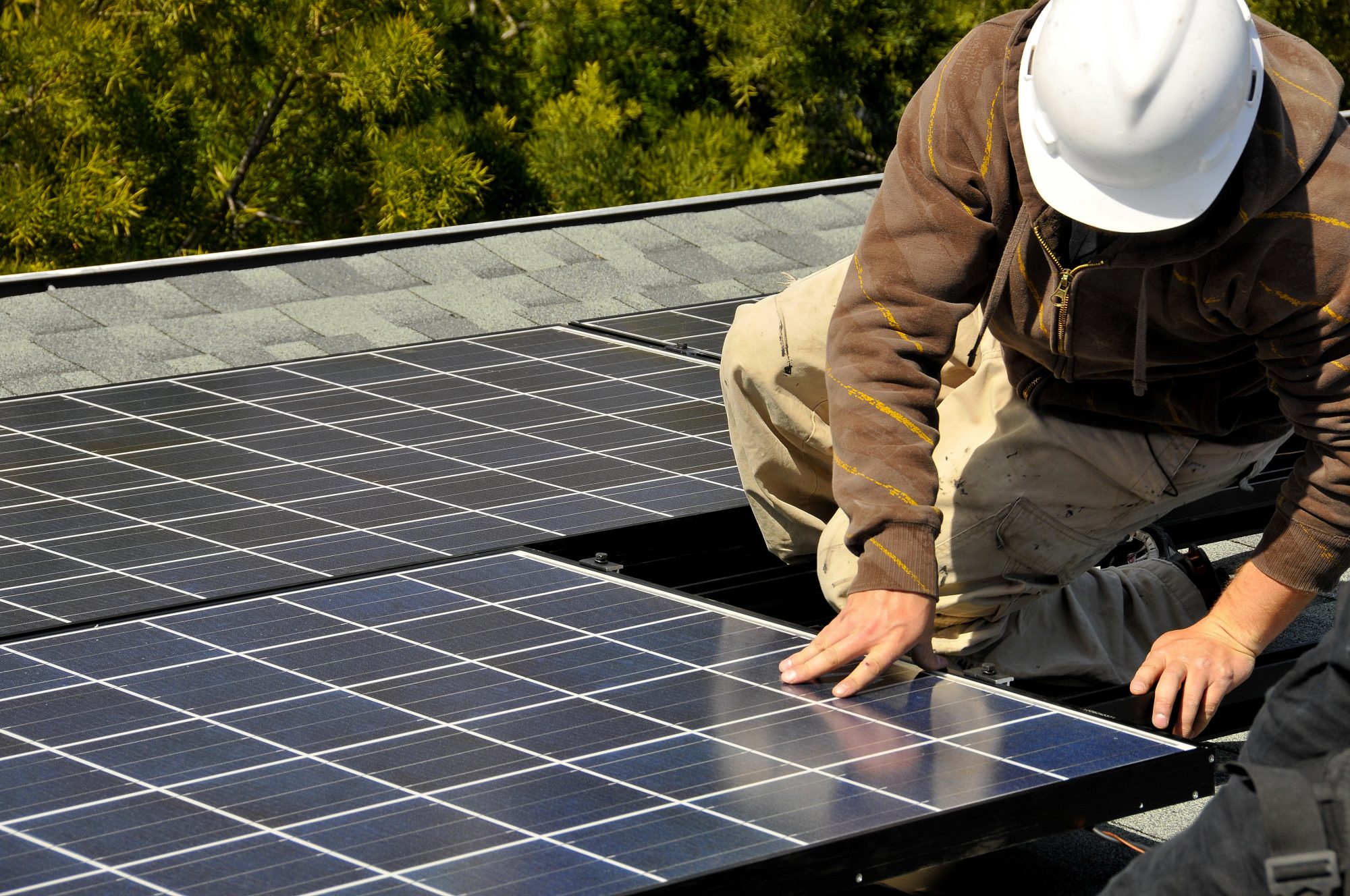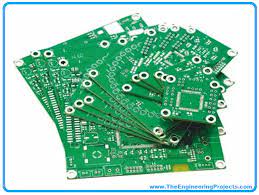Renewable energy heating systems are rapidly gaining prominence as an environmentally friendly and cost-effective alternative to traditional heating methods. As specialists in the field, we offer our insights into the advantages and considerations of these innovative systems.
Why Choose Renewable Energy Heating Systems?
Renewable energy heating systems utilize natural resources such as solar, wind, and geothermal power to generate heat. Unlike fossil fuels which emit harmful pollutants into the atmosphere, these renewable sources produce clean energy with minimal impact on the environment. This makes them a sustainable solution for meeting our heating needs while reducing our carbon footprint.
Moreover, renewable energy heating systems can also help save on utility costs in the long run. While the initial cost of installation may be higher than traditional systems, the ongoing maintenance and operating costs are significantly lower. Additionally, some countries provide incentives such as tax credits for using renewable energy sources, further reducing the overall cost of these systems.
Considerations Before Investing
While the benefits of renewable energy heating systems are clear, it is important to consider a few factors before investing:
- Location: The availability and efficiency of different renewable energy sources may vary depending on your location. For instance, solar panels may work well in sunny regions, while wind turbines perform better in areas with strong winds. It is crucial to assess which source would be most suitable for your location.
- Initial Cost: As mentioned earlier, the initial cost of installing a renewable energy heating system can be higher than traditional systems. It is important to budget and plan accordingly before investing.
- System Maintenance: While these systems have lower maintenance costs, they still require regular upkeep to ensure optimal performance. This may include cleaning, regular inspections, and occasional repairs. It is important to factor in these costs before investing in a renewable energy heating system.
- Energy Usage: The size and type of your home or building also play a significant role in determining the most suitable renewable energy source for your heating needs. It is important to assess your current and future energy usage to determine the required capacity of the system.
- Available Incentives: As mentioned earlier, some countries offer incentives for using renewable energy sources. It is important to research and take advantage of any available tax credits or rebates before investing.
Benefits of Renewable Energy Heating Systems
Switching to renewable energy heating systems has numerous benefits. Not only do they significantly reduce carbon footprints, but they also offer long-term financial savings due to their efficiency and the ever-decreasing costs of renewable energy technology.
Types of Renewable Energy Heating Systems
There are several types of renewable energy heating systems available, each with its unique advantages and considerations. These include Solar Thermal Systems, Air Source Heat Pumps, and Biomass Boilers.
Choosing the Right System
Identifying the right renewable energy heating system depends on a variety of factors, including your property’s size, location, and insulation levels. Consultation with a specialist can help determine the most suitable solution for your specific needs.
In conclusion, renewable energy heating systems present an exciting opportunity for households and businesses alike to transition towards more sustainable living and operating practices. Seek the advice of a specialist to make an informed decision that benefits both you and our planet.
Frequently Asked Questions (FAQs)
Q1: How much does a renewable energy heating system cost?
A: The cost of a renewable energy heating system largely depends on the type of system and the size of your property. It is best to consult with a specialist for an accurate estimate.
Q2: Are renewable energy heating systems reliable during winter?
A: Yes, most renewable energy heating systems are designed to provide consistent heat even in the winter months. However, the efficiency may vary based on the type of system and your location.
Q3: How much can I save with a renewable energy heating system?
A: The savings depend on various factors, including the efficiency of the system, the cost of the energy you are replacing, and the incentives available in your area. Over time, the savings can substantially offset the initial investment.
Q4: Do I need planning permission to install a renewable energy heating system?
A: This depends on local regulations. It is recommended to check with your local authority or a specialist for guidance.
Q5: How long does it take to install a renewable energy heating system?
A: The installation time can vary based on the type of system and the complexity of the installation. On average, it can take a few days to a couple of weeks.
Q6: What are the maintenance requirements for renewable energy heating systems?
A: Most renewable energy heating systems require minimal maintenance, usually an annual service check by a professional. However, the exact requirements can vary depending on the system.



